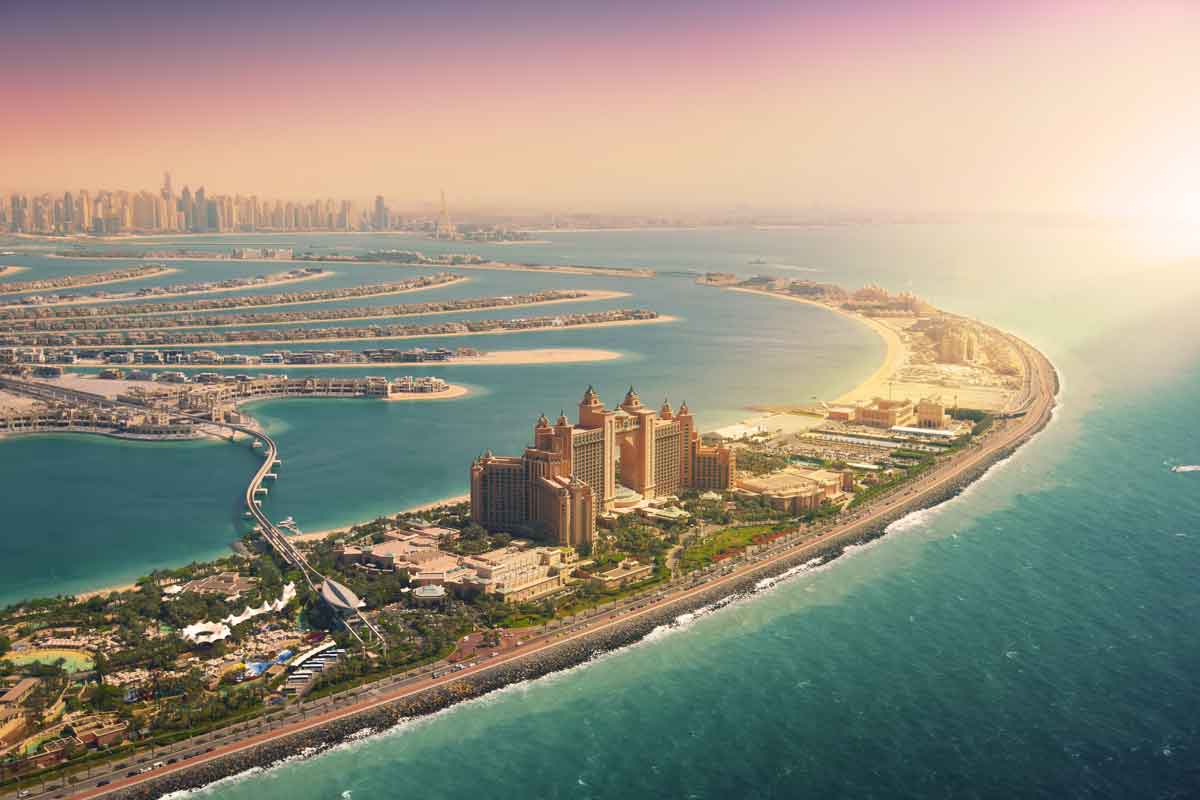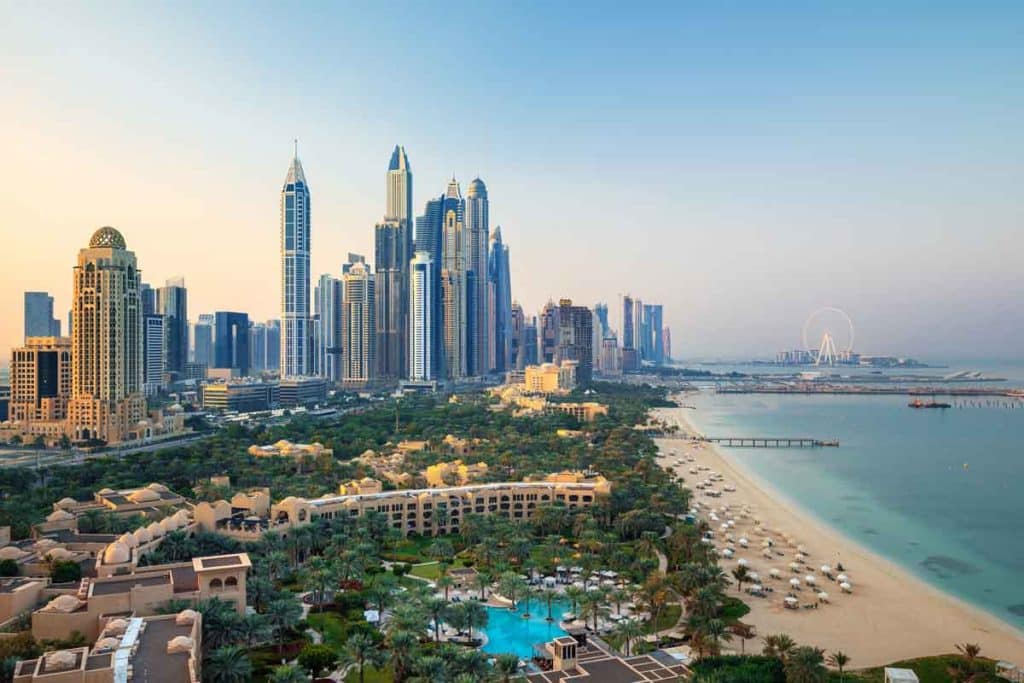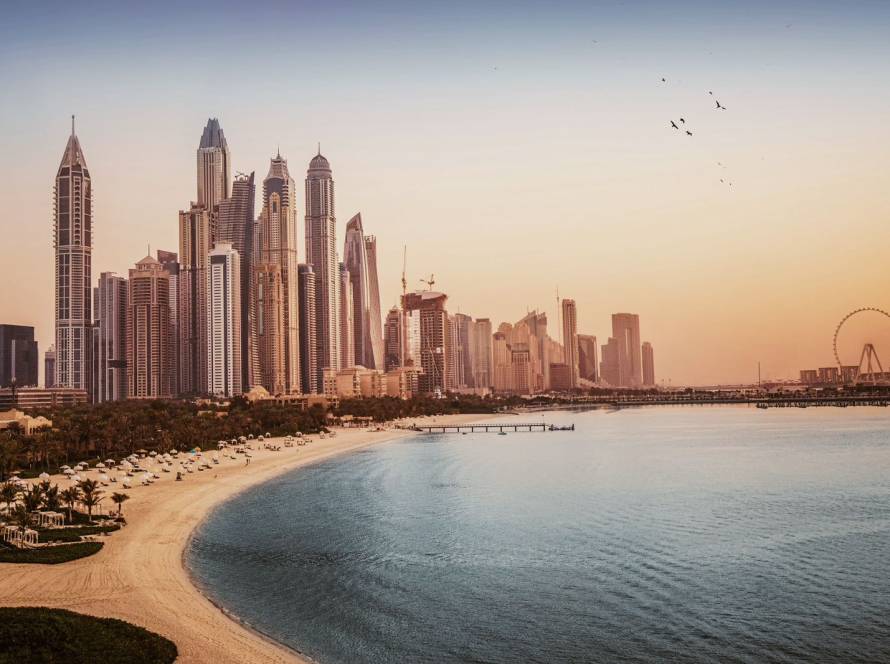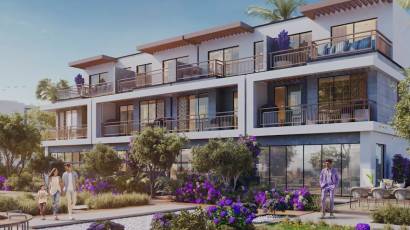Dubai now boasts the highest number of luxury $10 million-plus property sales globally and the most branded residences worldwide, experts say

Dubai’s luxury residential market has seen extraordinary growth in recent years with high net-worth clients flocking to the emirate to snap up properties, spurring comparisons to long-established cities like London and Los Angeles, real estate experts told Arabian Business.
Factors like political stability, favourable wealth policies, and lifestyle offerings have helped position Dubai alongside the likes of London, Los Angeles, New York, and major European cities in attracting the ultra-rich in record numbers.
Pre-2020, the luxury market was not as dominant as it is today, said Chris Whitehead, Managing Partner at Dubai Sotheby’s International Realty. “With the pandemic, political instability, and conflict within the world there has been an influx of HNWIs looking to seek safer climates, elevated lifestyles, and lower taxes. These factors combined have created a high demand for luxury properties and we have seen some cities been overtaken with this segment by Dubai.”
Offerings in the segment have surged, according to Whitehead. “Not only quality has been increased as each developer looks to outperform its competitors to achieve sales, but serviced properties have been a key factor as it is meeting the needs of the wealthy looking for elevated lifestyles. This in turn has fueled pricing positivity and it is easily absorbed as demand outweighs supply.”
Over the last few years, “Dubai has grown on par with the quality and prestige of London, LA and New York,” said Managing Partner at Christie’s International Real Estate Dubai, Jackie Johns.
Dubai dominates global luxury real estate
Recent reports suggest the emirate now boasts the highest number of luxury $10 million-plus property sales globally and the most branded residences worldwide.
Since the pandemic, property prices in the city have increased by a staggering 33 percent, and rents have risen by around 42 percent, she added. Yields remain higher in Dubai – 8 percent at the start of 2023 versus approximately 2.5 percent in Paris and Singapore – while properties match or exceed lifestyle amenities elsewhere.
The emirate continues to evolve its offering. According to Whitehead, examples of “branded residences” like Four Seasons, Baccarat, and Mr.C’s – properties previously exclusive to more established markets – have become available in the city within only the past three years.
“The pandemic augmented world-class brand interest in Dubai real estate,” added Johns, citing recent partnerships between brands like Bulgari, Bugatti, and Aston Martin. Wellness and sustainability themes have fuelled demand for properties incorporating private water features, holistic spas, and amenities aligning with global initiatives like the Dubai 2040 Urban Master Plan.
Privacy, space, and amenities have increased in importance, too. Marcel Remus, CEO and founder of Mallorca-based Marcel Remus Real Estate, said that private villas with pools and super luxury penthouses in particular are what his international clients are after. One of Remus’ projects will include 24 luxury beachfront villas starting at $130 million, reflecting Dubai’s arrival “among places like Beverly Hills or St. Tropez.”
“The real estate market in Dubai has become more international, and I have learned that a lot of people especially from Europe are investing money in Dubai at the moment,” Remus said, adding that he has seen a massive surge in wealthy European clients buying properties in the emirate as a winter holiday home.
Remus’ high-profile clients, including US rapper Kanye West, are increasingly eyeing the luxury property market in the emirate. “[Kanye and I] talked about several projects. This shows that Dubai is very international… Even though the real estate market in the world might be cooling down, it is totally different and the opposite in Dubai.”
The city’s livability and lifestyle advantages have set it apart. According to Whitehead the advantages of purchasing property in the city are mirrored across “all asset classes of real estate in Dubai,” including no property tax, no capital gains tax, higher yields, and faster construction times. Its geographical position also provides ease of access, Johns noted.
“The nationality of the buyers of luxury real estate has also become more diverse than ever before – investors are flying in from places as far-flung as India, the UK, Russia, Canada, France, and China,” Johns added.

Policies aimed at attracting foreigners have led to a massive shift in Dubai’s global appeal. Alongside the Golden Visa residency scheme, initiatives for retiree expats and business owners have drawn new interest.
With the city’s population projected to grow rapidly to 5.8 million by 2040 and its residential market forecast for over 8 percent annual growth, the emirate’s rise on the global luxury real estate scene shows no signs of slowing against an economic slowdown elsewhere.






